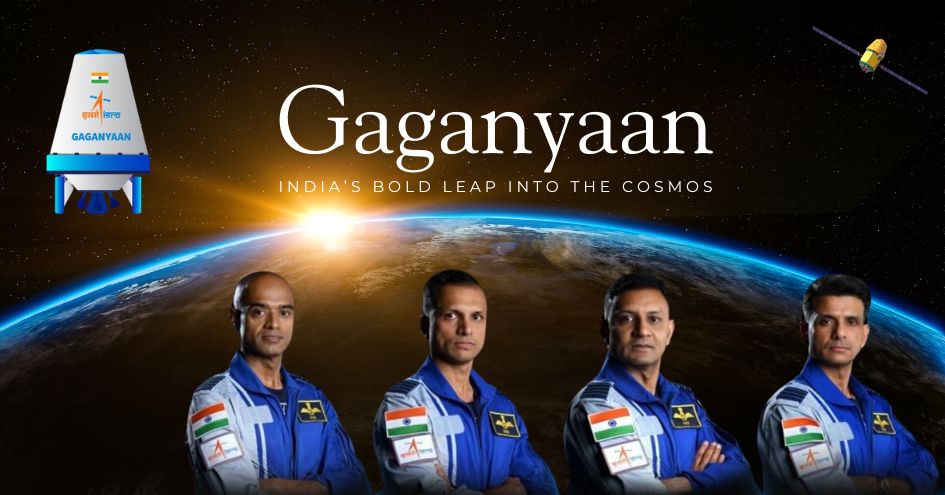Is desire desirable?

I was once asked,
“Swamiji, I have been told that I should give up all desires. What do I do?”
“Wonderful!” I told him. “If you give up all your desires, why should you do anything at all?!”
Is it possible to be without desire?
One person had a strong desire to own an apartment. The desire grew and grew and grew till it pushed out ALL other desires from his mind. Over the years, he ‘sacrificed’ many other desires so that only this one desire remained. Finally, came the day when he walked into his own 2-bedroom flat.
Having fulfilled his one overwhelming desire, even if he did reach that wondrous state of ‘desirelessness’, how long will it last? Till a friend acquired a bigger place? Till his wife nagged him that the flat is too cramped? Till the bathroom on the flat above started seeping water?
Desire is a necessary precondition for any action.
Without a desire why would anyone start any action at all? To plan and start an action cannot be done without a purpose, a desire for a result. A desire fulfilled will only give rise to another. To be without desire at all is well-nigh impossible.
What one can hope to do is to replace the desire with a loftier, higher, or more purposeful desire. As children we want balloons and toys. As we grow up, that desire disappears. There is, however, no vacuum. Balloon desire is replaced by a bicycle desire, car desire, or desire for something else. Having gained more knowledge and more information in the intervening period, and having become more mature (hopefully), there is now a desire for doing well in studies or sports. Later this is also replaced by a desire to earn a lot of money, acquire a house, get married, have children, travel the world, become famous and so on.
To desire is a human privilege.
In the Bhagawad Gita, Lord Krishna says I am manifest in the form of desire, as long as it is within dharma. Where is the problem, then? If, as we have seen, giving up desires completely is not possible, how should one understand it if the guru says give up all desires?
The desire is for the result - to reach a state different from the current state. Desire arises because there is something in the status quo that is dissatisfying. It can be for something personal such as wanting to amass a fortune, or to win a coveted prize, or wanting one’s son to become a nationally ranked tennis player. Or, it could be for the benefit for others, such as wanting to eliminate poverty (ha!), or at least eliminate poverty in one’s own village, or to set up a free hospital for poor patients, or to make education accessible to children who would otherwise never be able to study. All of these are laudable, if one takes it as one’s duty, dharma to do what one can to bring about this change.
One has a duty towards one’s family. In his role as the husband or father a man must provide ‘adequate’ money to give his wife and children a decent life, quality education etc. Similarly, there is a duty to be performed towards his parents. He works to fulfil these desires as duties. As a citizen of his village, he may consider it his duty to improve the lot of the people in the village where he grew up. As a human being, he also has a duty to live a life as prescribed by sastra.
He also has a duty towards himself. He must keep himself relatively comfortable and in good health. He must be able to reach a state of relative happiness. All these are necessary for a human being to recognise his real goal, the purpose of this life. That is, however, a separate topic and can be deal with later.
Control over the outcome
Desire, by itself is not undesirable. While one may have any desire, and plan and act to achieve that, a little thinking about what influences the outcome will make it clear that one has very little control over it.
The factors that influence the outcome may be classified as (a) those that one recognises and has significant control over. These are factors that one can base planning and course-corrections on. These also will decide the kind of effort that needs to be put in, (b) those that will influence the outcome, but one has little or no control over. Government policies, rules and taxes are some of them. These will also include “acts of God”. Many contracts put in a clause called Force Majeure specifying that the party cannot be penalised for failing to do as promised because of factors that are out of their control. And (c) there are also a large group of factors that can affect the end result but are not recognisable before they actually take effect.
Given that the latter two groups of factors are significantly more in number than the first group, how can anyone claim he will decide and control the outcome? Enough evidence is available to show that even the most confident of people do fail.
Lord Krishna reiterates this idea that you have a choice in the matter of action, but you are not the author of the result.
We see this also in our daily lives. Sometimes, we see that two salesmen, with about the same background and similar capabilities, given territories that are similar make roughly similar efforts, but with totally different results. While one salesman achieves his quarterly target in the first month, the other struggles till the end of the quarter, without meeting the target. Remember, both are similar, work under similar circumstances, with similar opportunities, and make about the same level of effort.
What can make desire undesirable?
When does desire become a burden, something undesirable? Only when the person is driven by a desperate want for a particular result, not realising that despite his best efforts, the result may not be under his control. When the pressure created by such desire for the outcome becomes overwhelming, then it can take an ugly shape. Irrespective of whether the person gains the result or not, such pressure can manifest itself in many undesirable ways.
Firstly, it creates an undeniably unpleasant state of mind in the person, making him stressed, and react not-so-pleasantly even in situations that have nothing to do with the cause of the stress (Ask any wife or child of such a person!) Secondly, such pressure could cause one to bend the ethics of living (dharma), even if it is just a little. These leads, in stages, to bigger and bigger transgressions of dharma, till the entire thing explodes. Analyse any situation where this stage has been reached, and you can trace it all the way back, beginning with the first corner-cutting.
Thirdly, this causes an internal conflict between what he knows is the right action and what he actually does. However much he may deny this, however he may justify his actions, the internal conflict remains. If he has achieved those big results that he set out to achieve, the world may recognise him and shower him with rewards, but within his heart he knows he has gone where he should not have.
Bhagawad Gita says, raga and dvesha, likes and dislikes, will be your enemies if allow them to drive you to this state. Do not get into their vice-like grip. The guru’s warning should, therefore, be understood as not allowing them to control and drive you.
(Swamiji can be
contacted on 9486813192 or [email protected])
NEXT ARTICLE

Indian History is rife with conflict between kings for power, territory and regional supremacy. We have seen instances where kings have made it a poin...

"Saare Jahaan Se Accha, Hindustan Hamara!"These immortal words, spoken by Squadron Leader Rakesh Sharma from the vast expanse of space in 1984, When t...

High in the rugged, unforgiving terrain of Jammu and Kashmir’s Reasi district, where the Chenab River slices through deep gorges and the Himalayas loo...